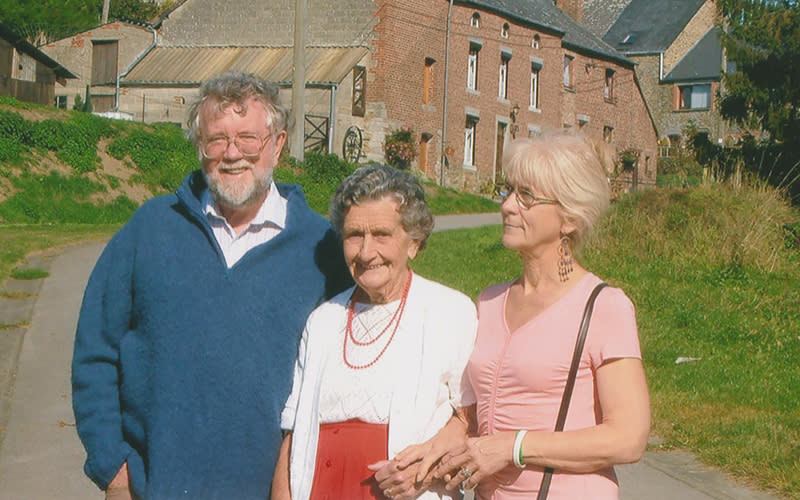'I thought it was normal': Meet the woman who feels no pain
Scientists have discovered a woman who feels virtually no pain and may have enhanced wound healing abilities.
Jo Cameron, 71, said throughout her life she often did not notice cuts or burns until she could smell burning flesh and the injuries tended to heal very quickly.
Ms Cameron, who lives near Loch Ness in the Scottish Highlands, has a mutation in a previously-unidentified gene, according to researchers.
The “happy-go-lucky” pensioner also experiences very little anxiety or fear, given the lowest score on a common anxiety scale. Ms Cameron told researchers she never panics, even in dangerous situations such as a recent traffic incident.
“I had no idea until a few years ago that there was anything that unusual about how little pain I feel – I just thought it was normal,” she said.
She only found out about the condition when she was 65 and sought treatment for an issue with her hip, which turned out to involve severe joint degeneration although she had experienced no pain.

Jo Cameron pictured (right) with her husband Jim and mother, has a rare gene mutation where she feels almost no pain, researchers find. Source: UCL
Researchers discover woman’s gene mutation
Dr Devjit Srivastava, an NHS hospital consultant in anaesthesia and pain medicine, diagnosed Ms Cameron’s pain insensitivity. She was referred to pain geneticists at University College London and the University of Oxford.
Scientists conducted genetic analysis and found two notable mutations: one being a ‘micro-deletion’, or a tiny bit missing, in a pseudogene, which do not have the full functionality of regular genes.
The researchers dubbed it FAAH-OUT and also found the woman had a mutation in the neighbouring gene that controls the FAAH enzyme and involved in signalling central to pain sensation, mood and memory.
Now that scientists are uncovering how this newly-identified gene works, they hoped it could help those suffering with severe pain.
The study is published in the British Journal of Anaesthesia.
Do you have a story tip? Email: y7newsroom@yahoo7.com.au.
You can also follow us on Facebook and Twitter and stay up to date with the latest news with Yahoo7’s daily newsletter. Sign up here.



